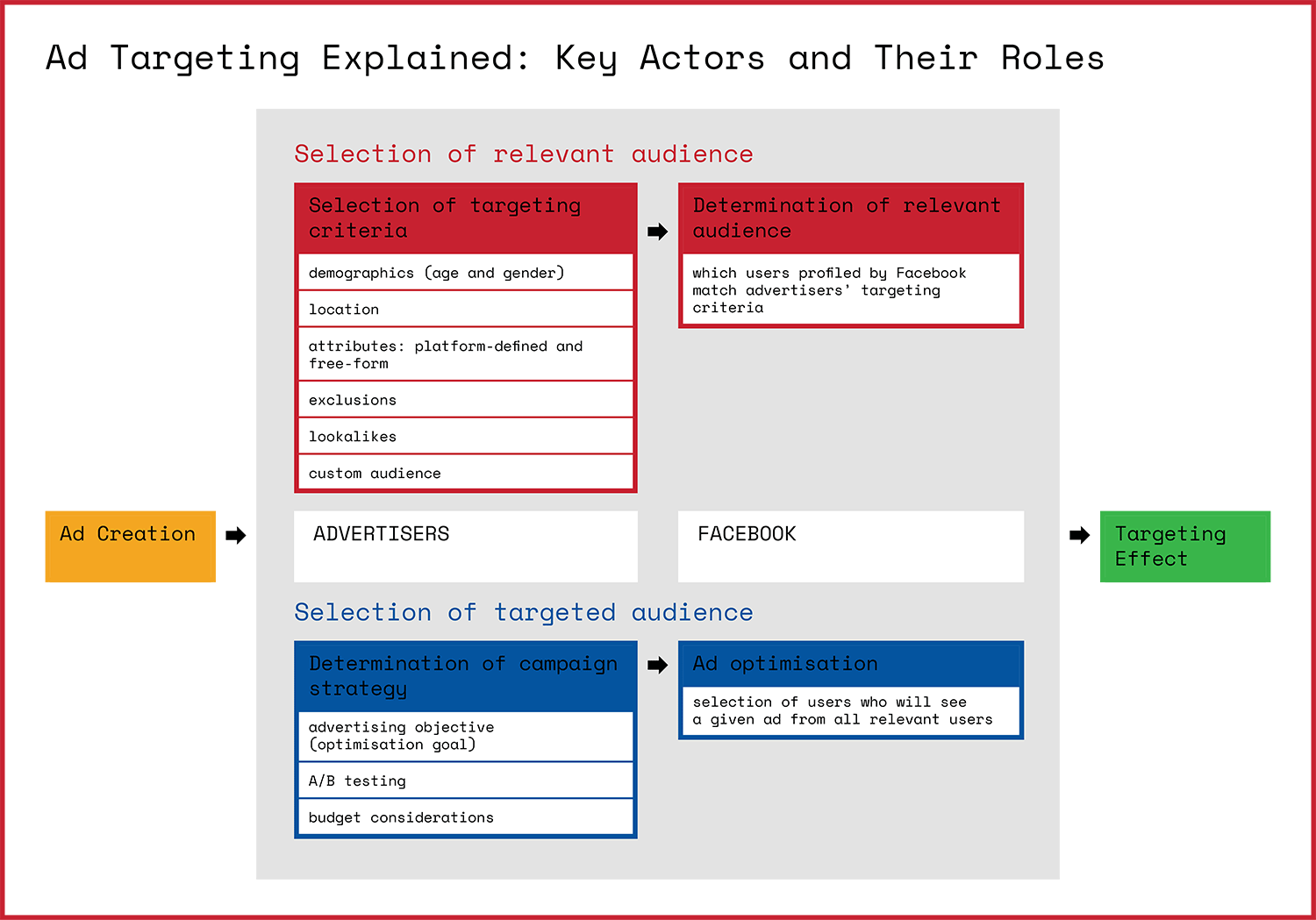

Is politics, for example, a game? Importantly, is it dirty? If politics is dirty, what is it that makes it dirty? Is it a corruptive and dishonest activity, or is it a healthy and an ennobling one? Should, indeed, can politics be brought to an end? Further still, why, for instance, are certain work groups, sections of the society or “social classes” such as we find in contemporary Nigerian situation, such as judges, traditional rurals, civil servants and even students often admonished by some authorities to avoid or keep away from politics ? This leads us to some probing but illustrative questions.
 Strengthen background checks for those purchasing a firearm to decrease gun violence.You may have heard people say that politics is a dirty game. Increase funding for job training and placement services for military personnel to help them find jobs after they leave the service. Seek examples they’ve heard about in recent or current election cycle. Ask students to define a political party plank ( a statement that shows your position on a social or political issue). Tell students: your ultimate goal is to make their representatives – and presidential candidates – know what they need to do to serve you. Explain that they will identify issues they care about.
Strengthen background checks for those purchasing a firearm to decrease gun violence.You may have heard people say that politics is a dirty game. Increase funding for job training and placement services for military personnel to help them find jobs after they leave the service. Seek examples they’ve heard about in recent or current election cycle. Ask students to define a political party plank ( a statement that shows your position on a social or political issue). Tell students: your ultimate goal is to make their representatives – and presidential candidates – know what they need to do to serve you. Explain that they will identify issues they care about. 
( Tweet your representative, sign an online petition, etc.) Then consider ways students can advocate for causes before they are eligible to vote.
Discuss how government decisions impact voters and nonvoters. Nonvoters have an important stake in many policy debates and in receiving constituent services.” Abbott (2016): “As the Framers of the Constitution and the Fourteenth Amendment comprehended, representatives serve all residents, not just those eligible to vote. Share this excerpt from the Supreme Court decision in Evenwel v.







 0 kommentar(er)
0 kommentar(er)
